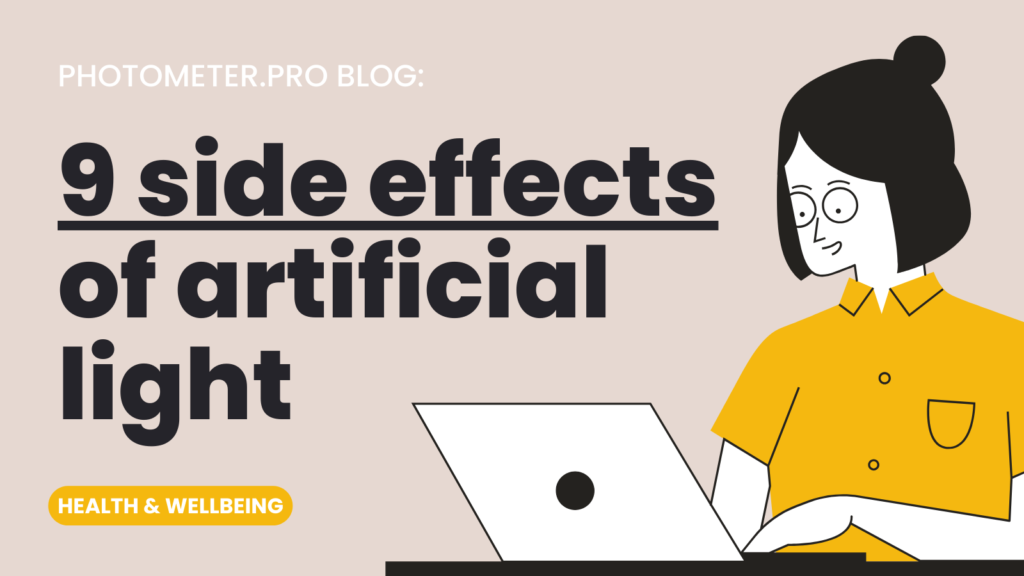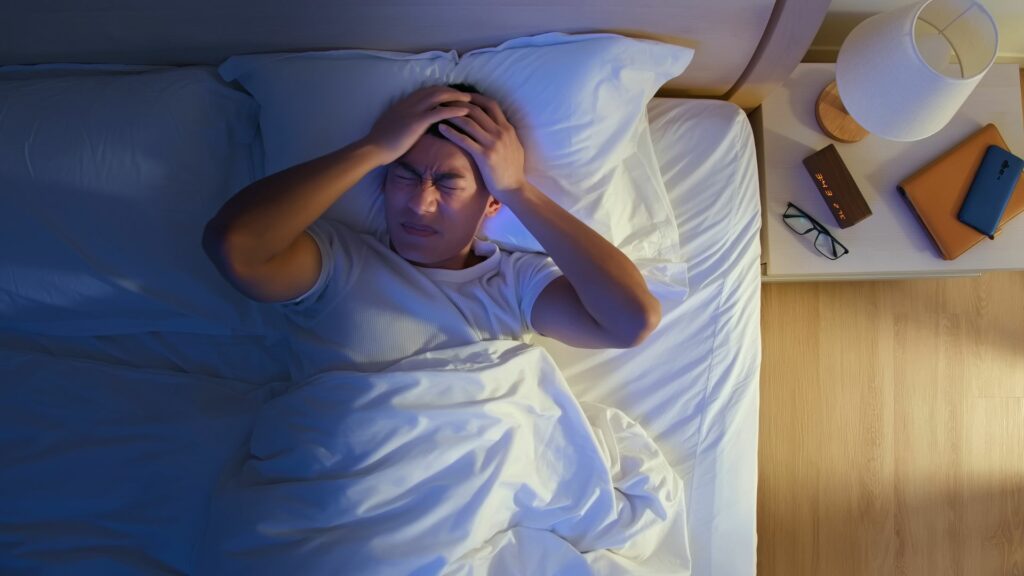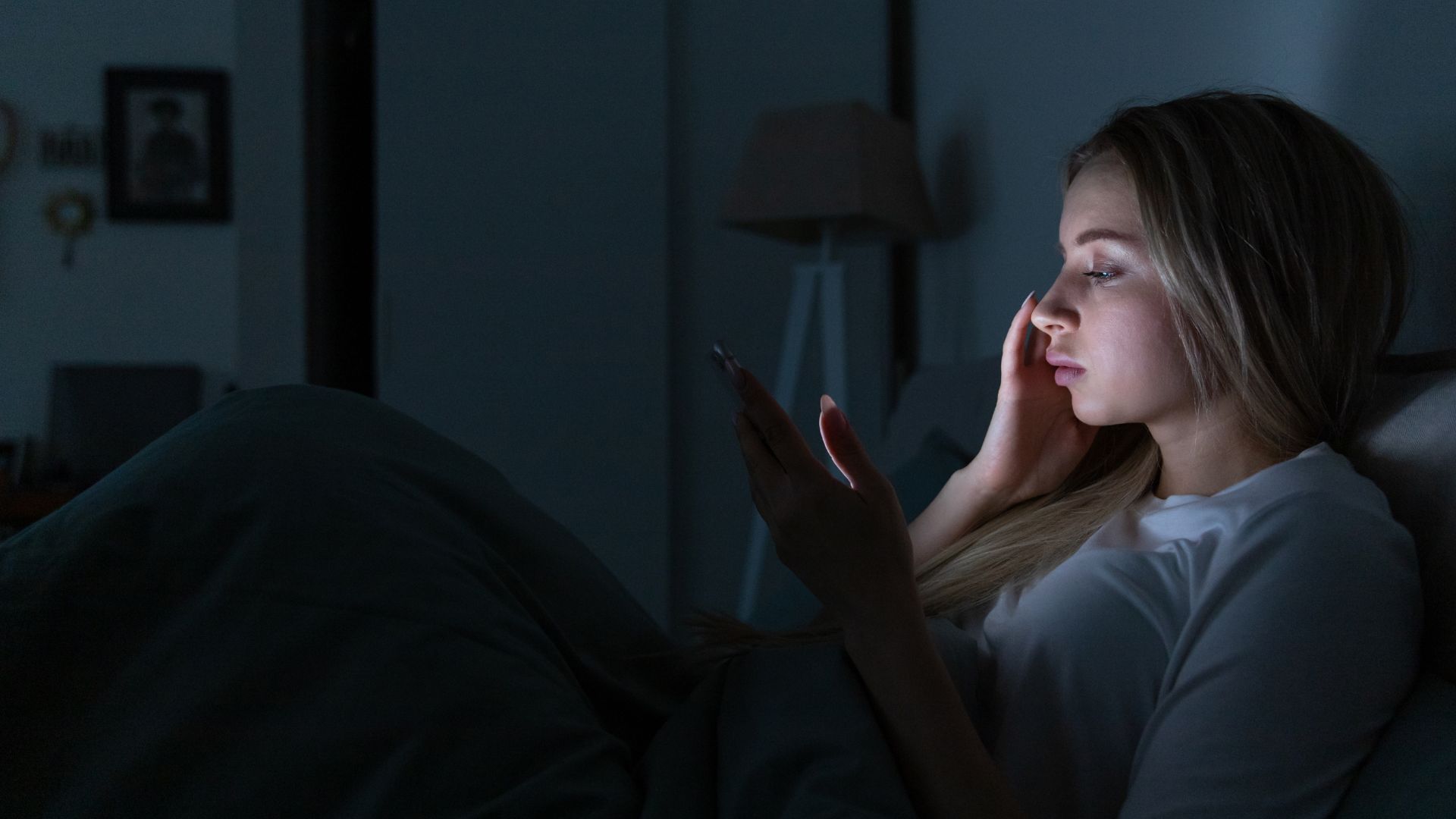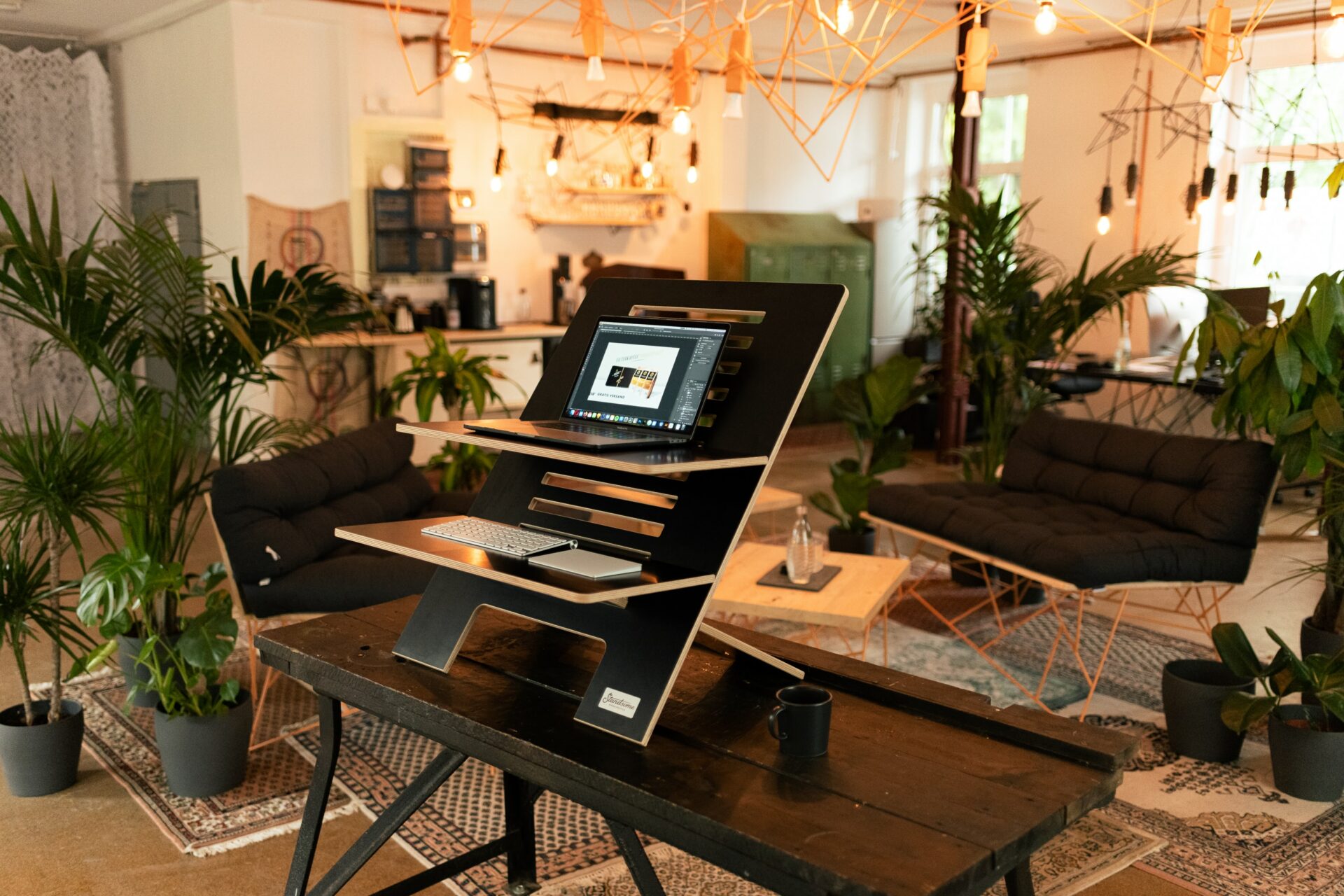Light is essential for our survival. It helps us see, it wakes us up in the morning, and it helps keep us alert throughout the day. But artificial light—the kind that comes from electronics like smartphone screens and TVs—can have negative effects on our health as well. In this article, we’ll explore some of those side effects of artificial light and explain why you might want to consider turning off your devices at night or limiting their use during the day.
The side effects of artificial light are linked to depression, anxiety, and sleep deprivation.
Artificial light can cause you to feel depressed, anxious, or sleep-deprived.
Depression
Light therapy has been shown to be effective in treating seasonal affective disorder (SAD), a type of depression that occurs during autumn and winter when there are fewer hours of daylight. Studies have also found that blue light may play a role in regulating our circadian rhythms by increasing serotonin production, which could help those suffering from SAD.
Anxiety
In addition to impacting your moods, artificial lighting can also impact your anxiety levels–especially if you spend too much time indoors at night because of artificial lights like street lamps or computer screens!
The blue wavelengths from these sources trick our brains into thinking it’s daytime even though we’re actually supposed to be sleeping; this causes our bodies’ internal clocks (also known as circadian rhythms) to become out of sync with each other so we don’t get enough restorative ZZZs when it matters most!

Side effects of artificial light can keep you awake at night by messing with your circadian rhythm.
The circadian rhythm is the body’s internal clock, and it regulates many of the processes in your body. For example, it affects when you feel hungry and when your brain produces melatonin (a hormone that helps regulate sleep).
Melatonin production is triggered by darkness but suppressed by light. When we’re exposed to artificial light at night, this process gets disrupted–and studies have shown that this can lead to problems like insomnia or sleep deprivation if left untreated.
Excessive exposure to artificial light may affect your vision.
Excessive exposure to artificial light may affect your vision.
While it’s true that artificial light can help you see at night, it may also cause eye strain and headaches if you’re exposed to bright lights for too long. Bright light can cause dry eyes, blurred vision, and eye fatigue as well.
Excessive exposure to artificial light can increase your risk of cancer.
It’s no secret that artificial light can disrupt your circadian rhythm, but did you know that it can also increase your risk of cancer?
According to research published in the journal Science Translational Medicine, exposure to light at night disrupts our natural circadian rhythms, which control hormones and metabolic processes related to sleep. This disruption can lead to increased levels of melatonin (a hormone that helps regulate sleep), which may increase the risk for developing certain types of tumors such as breast cancer and prostate cancer.
Light from electronics makes it harder for people to go to sleep at night.
If you’re like most people, you probably use your phone or tablet before bed. You might also watch TV, play video games and even read a book on an e-reader in the hours before turning in for the night. All of these activities can have negative health impacts because they emit light that interferes with your circadian rhythm–the natural cycle that regulates sleep patterns.
The human body has evolved to follow a 24-hour cycle known as circadian rhythm; this means that our organs work at their peak performance during certain times of day and are less effective at others (see what happens when we mess up our circadian rhythms). Light plays an important role in regulating this internal clock: Exposure to bright sunlight will make us feel awake while darkness helps us fall asleep faster at night and stay asleep longer throughout the morning hours (read why being awake at night can be good for you).

Light from electronics also makes it harder for people to stay asleep at night.
Exposure to bright lights in the evening can make it harder to fall asleep at night. This is because our bodies circadian rhythms are set by light and darkness, so during the day our eyes adjust to bright light and then at night they need more time to get used to dimmer lighting.
Bright lights in your bedroom may also make it harder for you to stay asleep when they’re on all night long. In fact, even if you don’t watch TV or use electronics right before bedtime (and we hope you do), there’s probably still some sort of artificial light source in your bedroom: maybe it’s streetlights through those little windows above your headboard or even just ambient lighting from outside coming through those same windows–all of which will disrupt your sleep cycle!
Light from electronics can cause headaches in some people (not everyone).
If you’re getting headaches from the light coming off of your screen, it’s possible that this is a sign of something more serious. You should see a doctor if the headaches are persistent and particularly painful.
If you have an iPhone or iPad with Night Shift mode (or similar functionality), it can help reduce eye strain by adjusting the color temperature at night time when most people are sleeping.
Light from electronics can trigger seizures in some people.
If you’re one of the unlucky ones to be susceptible to photosensitive epilepsy or other types of seizures, then artificial light from electronics may set off your brain’s warning signals. This can happen even if you don’t have a history of epilepsy – it’s just that certain lights are more likely to cause these types of reactions than others.
Turning off the lights in your home and office is a good idea!
Turning off the lights in your home and office is a good idea!
- Turn off the lights when you leave a room.
- Use dimmer switches for some lights, or use night lights instead of overhead lighting to help you sleep better at night.
- Curtains or blinds can block out some artificial light from entering your home through windows, while also providing privacy from outside observers who may be looking into your house (or apartment). This will also help keep rooms cooler during summer months when there’s no need for extra heat sources like incandescent bulbs because curtains are made from fabric instead of glass panes that insulate heat inside homes/apartments by reflecting its radiation back into space where it cannot escape into outer space as window panes do so well!
Conclusion
We know that artificial light can have some serious side effects, but we think it’s important to remember that they are completely avoidable. In fact, if you want to avoid all of these negative health effects then all you need to do is turn off the lights in your home and office!
What other side effects of artificial light you would add here?
Let us know in the comments!
Editorial Team
I help fin-tech digital product teams to create amazing experiences by crafting top-level UI/UX.



